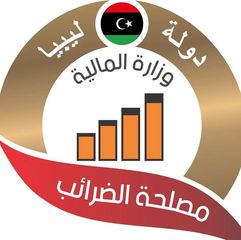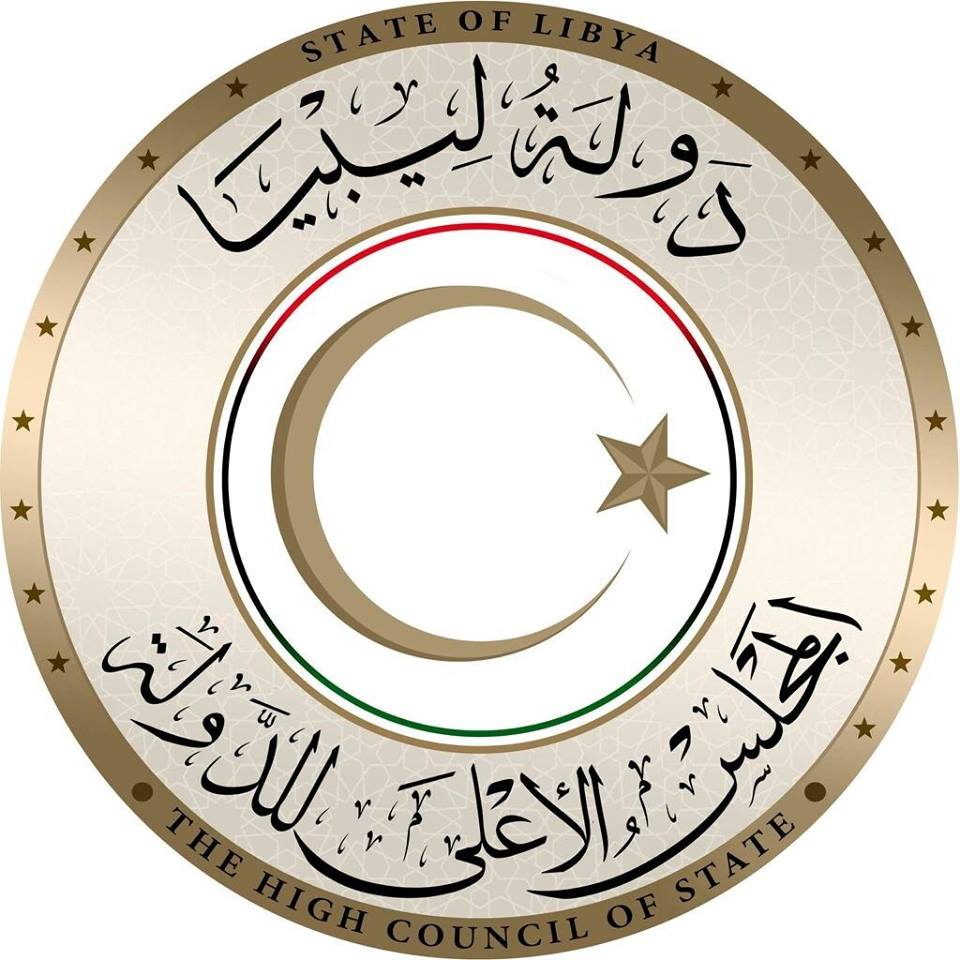By Sami Zaptia.

Tripoli, 5 July 2014:
Article 29 of the 2014 budget (Law no. (13) 2014), released in detail last week, temporarily stops all . . .[restrict]laws and regulations passed concerning planned increases of wages during the 2014 financial year.
Furthermore, article 29 commits the government to put forward a bill to the GNC/legislature drafting committee for:
1- the rescaling of wages,
2- the unification of the basis upon which wages are calculated and
3- the setting of a maximum limit for wages in the public sector.
The government must present its proposals within a maximum period of four months from the date of the passage into law of the 2014 budget (end of October 2014).
Article 28 of the budget, meanwhile, prescribes that the “government implements Law No. (8) of 2014 concerning the National ID Number with regards to all matters of disbursements in all the chapter of the budget”.
The combination of these two articles in the 2014 budget are an attempt by the GNC and government to rein in the wages sector of the budget which has been increasing annually at an alarming rate. In September 2013, for example, the government of Ali Zeidan had announced a 20 percent increase of public sector wages.
| LD billions | 2013 budgetLD | Percent of total | 2014 budgetLD | Percent of total |
| Chapter (1) -wages | 20.78 | 31.1 | 23.27 | 40.9 |
| Chapter (2) -expenses | 10.77 | 16.1 | 11.14 | 19.6 |
| Chapter (3) -Development | 19.30 | 28.9 | 9.0* | 15.8 |
| Chapter (4) -subsidies | 10.60 | 15.9 | 11.93 | 20.9 |
| Reserves & Contingencies | 5.40 | 8.1 | 1.6 | 2.8 |
| Total: | 66.86 | 100 | 56.95 | 100 |
In the 2013 budget, chapter one (wages) totaled LD 20.78 billion or 31 percent of the LD 66.86 billion budget. In 2014, wages went up to LD 23.27 or 40 percent of the LD 56.95 billion budget.
The issue of the failure by the government to implement the National ID Number has been a contentious one. On the face of it, both the government of former Prime Minister Ali Zeidan, the government that passed the law to implement the National ID Number, and the GNC – are for its implementation.
However, implementing the law in reality has been problematic, especially when it comes to implementing it on the armed thuwar/militias. With a weak government and GNC during Libya’s post 17 February Revolution transitional period, the state is still weak and unable or unwilling to confront state sector salaried employees – armed or unarmed.
This unwillingness to confront those state sector employees who are drawing multiple wages or who have private sector businesses running on the side whilst still drawing a state salary, has especially infuriated the Central Bank of Libya (CBL). The matter of the bloated state-sector wages bill took a more urgent turn for the CBL after the effects of the oil ports blockade by the Federalists meant that the CBL had to foot the deficit in Libya’s budget through its reserves.
In May, for example, at a press conference, the CBL Governor Saddek El-Kaber defended his institution against the accusation that it too was complicit in the irresponsible payments made to the thuwar/militias. El-Kaber said that the CBL had “asked that the thuwar be counted prior to the payment (of wages) being made out. But I am sorry to say that nothing happened regarding this”, he added, pointing the finger of blame straight at the government.
The CBL Governor did explaine that since the early payments to the thuwar/militias, there had been some progress made in the matter. Referring to the National ID Number system El-Kaber said that “It should be used, but there is no political will to use it”, he said in a damning indictment of the government and the General National Council (GNC). The CBL Governor had first made this public indictment of the Libyan government and GNC in Amman Jordan at an IMF conference in May.
Giving an example of the possible effectiveness of the use of the National ID number, CBL Governor El Kaber said that prior to adopting its use, the military had on their wage books 135,000 personnel. This fell to 104,000 after the National ID number was used to disburse wages.
“Everyone knows there is duplication of salaries but if the Ministries of Interior and Finance enforce the National ID number it would reduce this duplication. The law for enforcement of the National ID number was passed in August 2013 and all salaries should have been paid through it by the end of 2013. In reality only some ministries have implemented it covering about 30 percent of salary payments”, the Governor had said despondently back in May.
Bloated civil state sector wages
With regards to Libya’s huge wages section of the budget and its bloated civil service, the CBL had pointed out at the May press conference that international standards say that no more than 8-10 percent of a country’s population should be civil servants. For Libya, with a population of 6 million, that should be about 600,000 civil servants.
In reality, it was revealed by the CBL at the press conference that another 400,000 new civil servants had been appointed in the last few years bringing Libya’s total to a staggering 1.5 million civil servants. “this is too high”, the CBL Governor complained.
In keeping with this explosion in the number of government employees, the CBL explained that Libya’s salaries section of the budget has risen from around LD 9.2 bn in 2011 to LD 23 bn in 2014.
The concerns of the CBL Governor were unsurprisingly shared and aired by the World Bank as far back as January this year. In its MENA Quarterly Economic Brief, the World Bank had expressed its concern about spending by the current government saying that “fiscal and current account balances have deteriorated sharply due to the oil blockade that has reduced oil revenue by 80 percent and also to continued expansionary fiscal policy”.
“In September 2013, the report added, “the government announced a 20 percent increase in salaries for public-sector workers and issued a separate decision to raise the wages of Judicial Council staff”.
This double effect of reduced revenues and increased wages has led the World Bank to revise “its estimates for the fiscal stance of the government in 2013 and 2014. The World Bank expected that the fiscal surplus of 2012 will turn into a deficit of about 5 percent of GDP for 2013 and 4 percent of GDP for 2014 respectively.
“Libya’s labour market is skewed toward the public sector, which employs more than 80 percent of the formal workforce, while the private sector employs just 4 percent of Libyans”, the World Bank continued in its January MENA Quarterly Economic Brief.
“Furthermore”, the report continued, “attractive wages and benefits offered by the public sector have resulted in high wage expectations among job seekers and university graduates. As a result, the unemployment rate has remained high across the board, though official estimates show a decline in the figures post 2011 revolution”.
In the April World Bank MENA Regional Economic Update, the World Bank said that “Fiscal spending in almost all of the countries in MENA is dominated by a large civil-service wage bill and general subsidies, both of which have been on the rise following the Arab Spring, mainly to prevent further social discontent. Especially in the oil importers, “this has reduced the fiscal space for capital spending and investment in infrastructure, lowering the prospects of higher growth in these countries”.
Higher current spending together with lower revenues have increased fiscal deficits and public debt, making countries vulnerable to even slightly economic shocks. General subsides in Libya (estimated at 11 percent of GDP in 2013) exceeds government spending on education and health.
Tapping into foreign reserves
The report also cautioned that weak private sector activity, low levels of external financing together with fiscal pressures have forced the governments to resort to their foreign reserves or increase public debt.
It is with these stark warnings in mind from the World Bank and the strong position taken up by the CBL over depletion of reserves and the danger of inflation and devaluation of the dinar, that the GNC has finally decided to rein in the bloated state-sector wages bill by attempting to halt any planned wages increases in the 2014 budget.
[/restrict]










